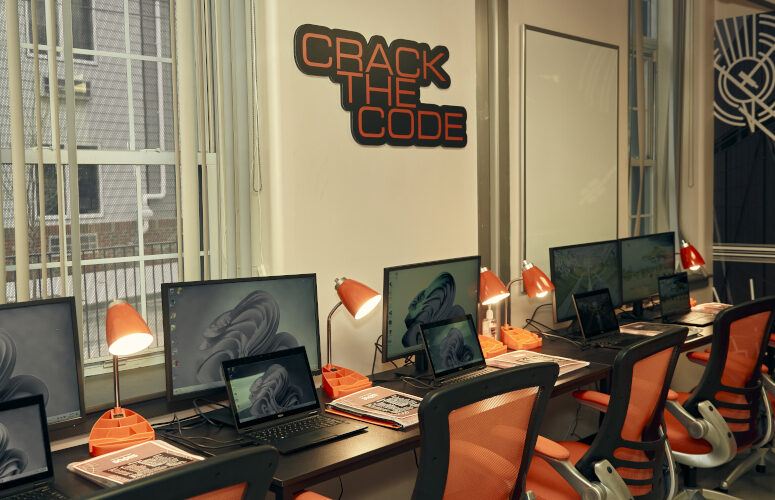
FDU Poll: NJ Residents on School and Business Reopenings
On Jul 20, 2020As New Jersey continues its efforts to safely reopen during the pandemic, the most recent statewide survey from Fairleigh Dickinson University (FDU) finds the public cautious and divided on a host of pandemic-related issues, but solidly supportive of Gov. Phil Murphy’s leadership while further souring on Pres. Donald Trump.
The phone survey was conducted from June 18 through June 30, 2020 among a random sample of 809 New Jersey adults.
Back to School?
One of the biggest questions facing parents, teachers, administrators, and policymakers is whether to send children back to the classroom in the coming months or pick up where they left off in June with virtual learning. Opinion is closely divided across the Garden State and among different demographic groups. Overall, 46% believe schools should reopen with the appropriate protective measures in place, with a similar number (42%) supporting a return to online learning until a COVID-19 treatment or vaccine becomes available. Least supportive of resuming face-to-face instruction are women (42%), younger adults (35%), and Democrats and Independents (38%). On the other hand, Republicans are the group most supportive of returning to the classroom, with 60% in favor of doing so.
“These findings show that this really is a no-win situation. No matter how hard districts try, it’s going to be difficult to maintain social distancing and other safety measures in schools. And yet there’s plenty to be worried about with the continuation of online learning. A divided public recognizes the challenges on both sides,” said Krista Jenkins, professor of politics and government and director of the FDU Poll.
The public is also divided on the question of whether vaccinating all students should be mandatory, if and when a COVID-19 vaccine becomes available. Half say the coronavirus vaccine should be required,, while 44% believe it should be a matter of personal choice.
Just as politics colors opinions on whether to reopen schools or remain online, there are also big partisan differences on this issue. Almost two-thirds of New Jersey Democrats (62%) believe the vaccine should be mandatory while a majority of the state’s Republicans (54%) think it should be voluntary.
Open for business, but who is willing to go?
Another issue weighing on reopening the state, is how comfortable New Jersey adults are with resuming many of their pre-pandemic activities while the coronavirus is still a threat. The survey shows that many are hesitant to go back to their old way of life in the absence of a COVID-19 vaccine or treatment. Only 23% would consider going to a movie theater; less than half (45%) will visit an indoor mall; and 39% would be willing to return to their houses of worship. The only establishments that a majority of people say they are willing to visit are personal care salons that provide hair services and massages (51%) and restaurants, including those offering outdoor dining (59%).
Leadership: Thumbs up for Murphy, down for Trump
Governor Murphy’s leadership in getting New Jersey through the crisis is well-regarded, with 67% who believe he’s done a good job of navigating New Jersey through the pandemic. He receives high marks from everyone, with even 44% of Republicans approving of his political leadership through the health crisis. Conversely, President Trump is roundly criticized. 58% disapprove of the job he’s done in managing the nation’s response to the coronavirus. Only a third (36%) approve, with Republicans (78%) being the one demographic group supportive of his leadership.
“Both men are facing reelection in the not-too-distant future. Trump is tanking across the board, except among his base, on what will be a seminal issue in November. Conversely, Murphy is pulling in admirable ratings even among his political opponents” said Jenkins.
Dealing with the Deficit
Like many states across the country, New Jersey is in dire financial straits. It’s facing a record deficit from the shortfall of taxes and revenue due to widespread and sustained closures and the high costs incurred by efforts to address and contain the pandemic. Survey respondents were asked about various options for dealing with the deficit, ranging from cutting services to borrowing the money through bonds and loans.
None of the solutions offered were favored by significant majorities of those living in the Garden State. Slightly more than half approve of reducing the number of government employees (52%) and a little more (56%) support the state’s current approach, which is borrowing money through bond offerings and federal loans. The least favored is an austerity measure that includes a reduction in state services (29%). Reducing state contributions to the public worker pension system (31%) and the consolidation of school districts in order to save on education costs (38%) are also not popular options.
“The economic damage to the state is epic. Knowing what to do about how to shore up the state’s budget is tough, especially when so many are still trying to figure out their own budgets in the age of COVID,” said Jenkins.
To access more business news, visit NJB News Now.
Related Articles:





